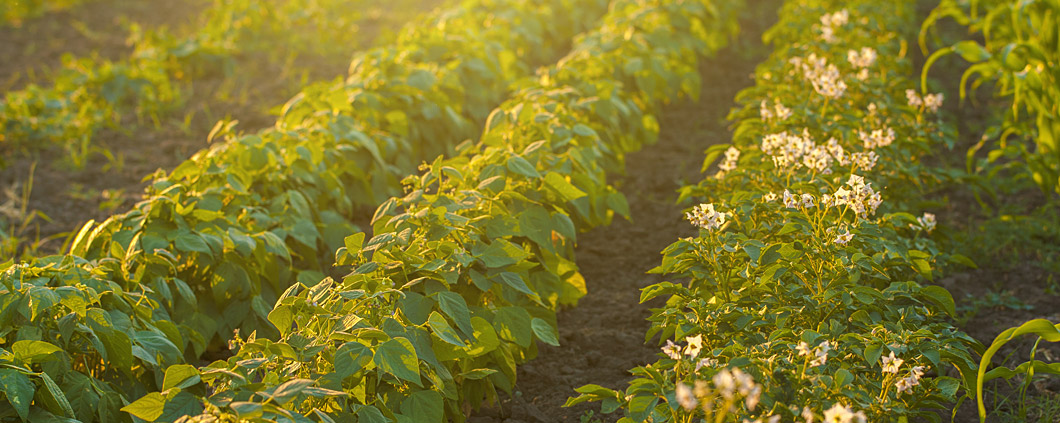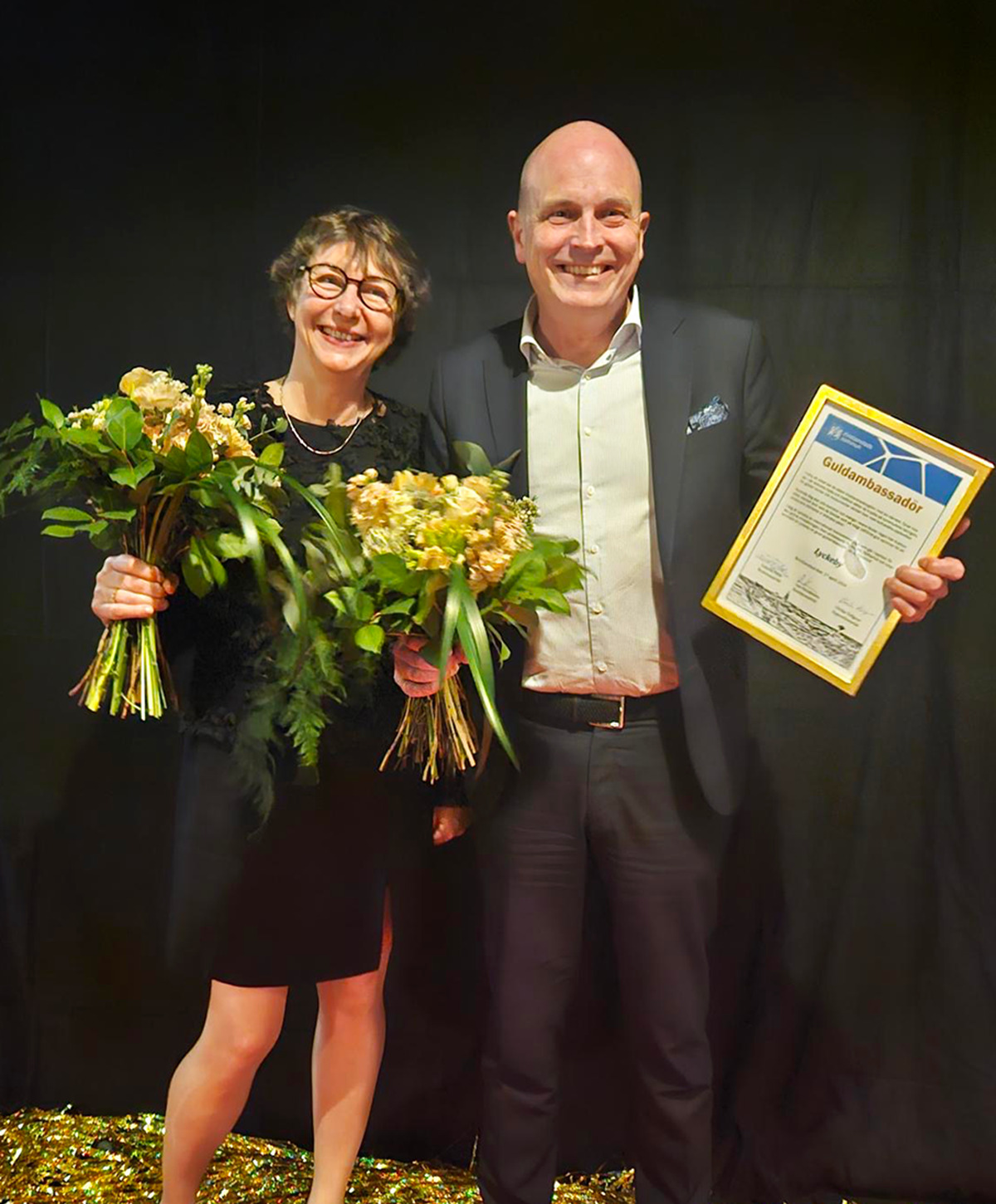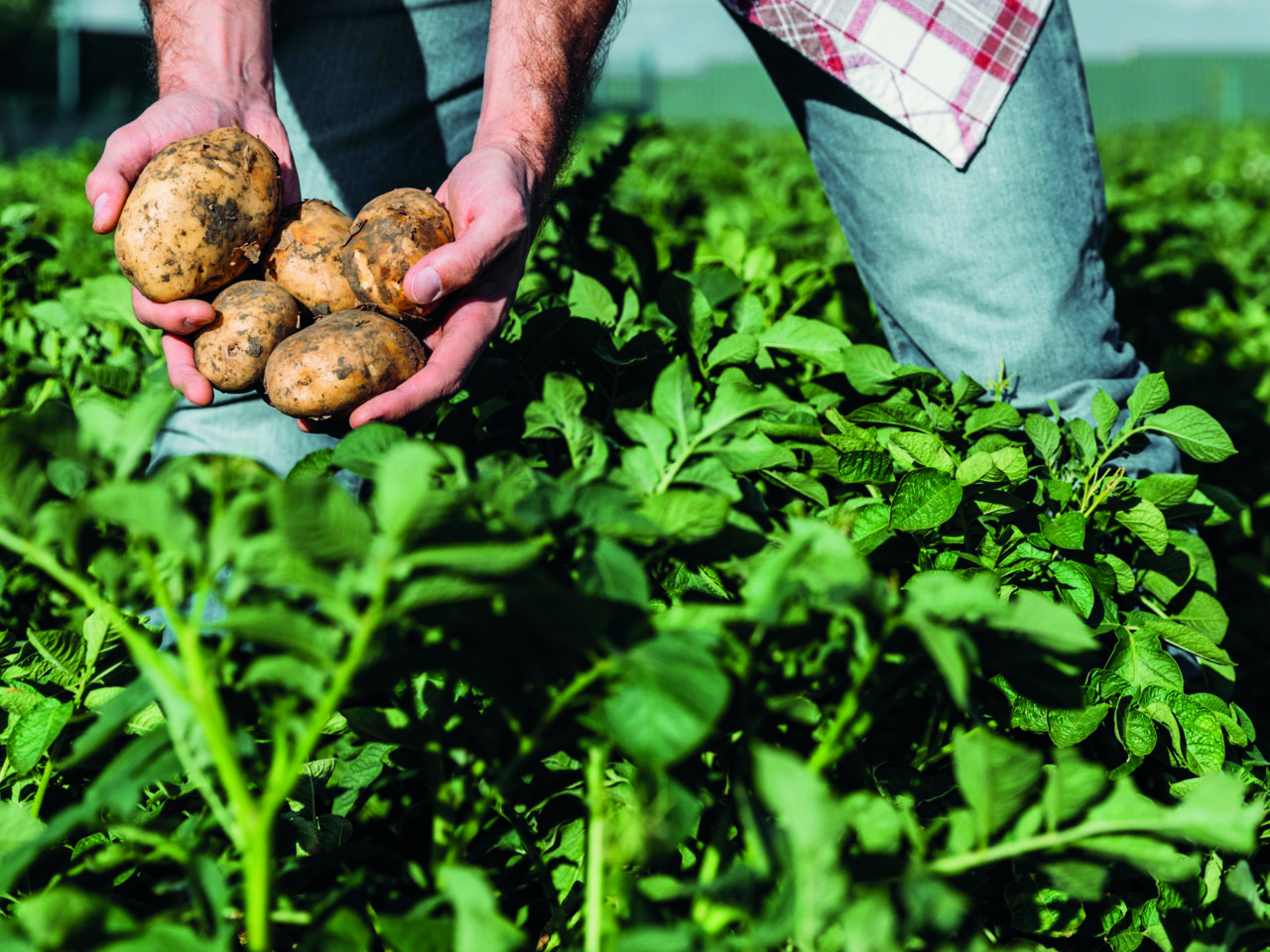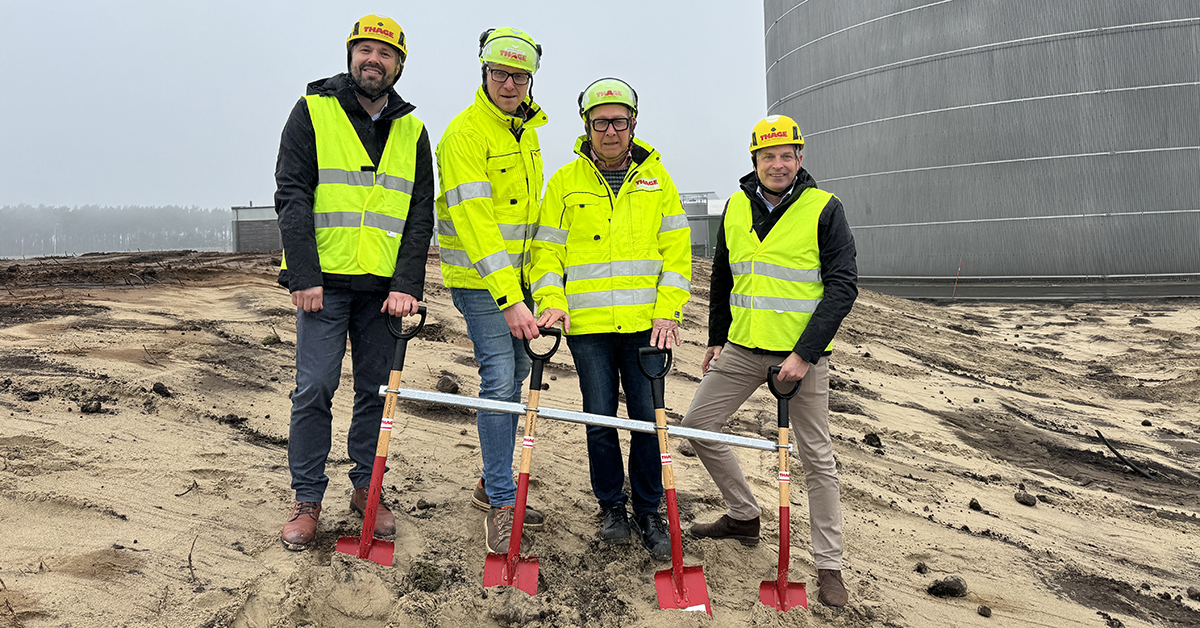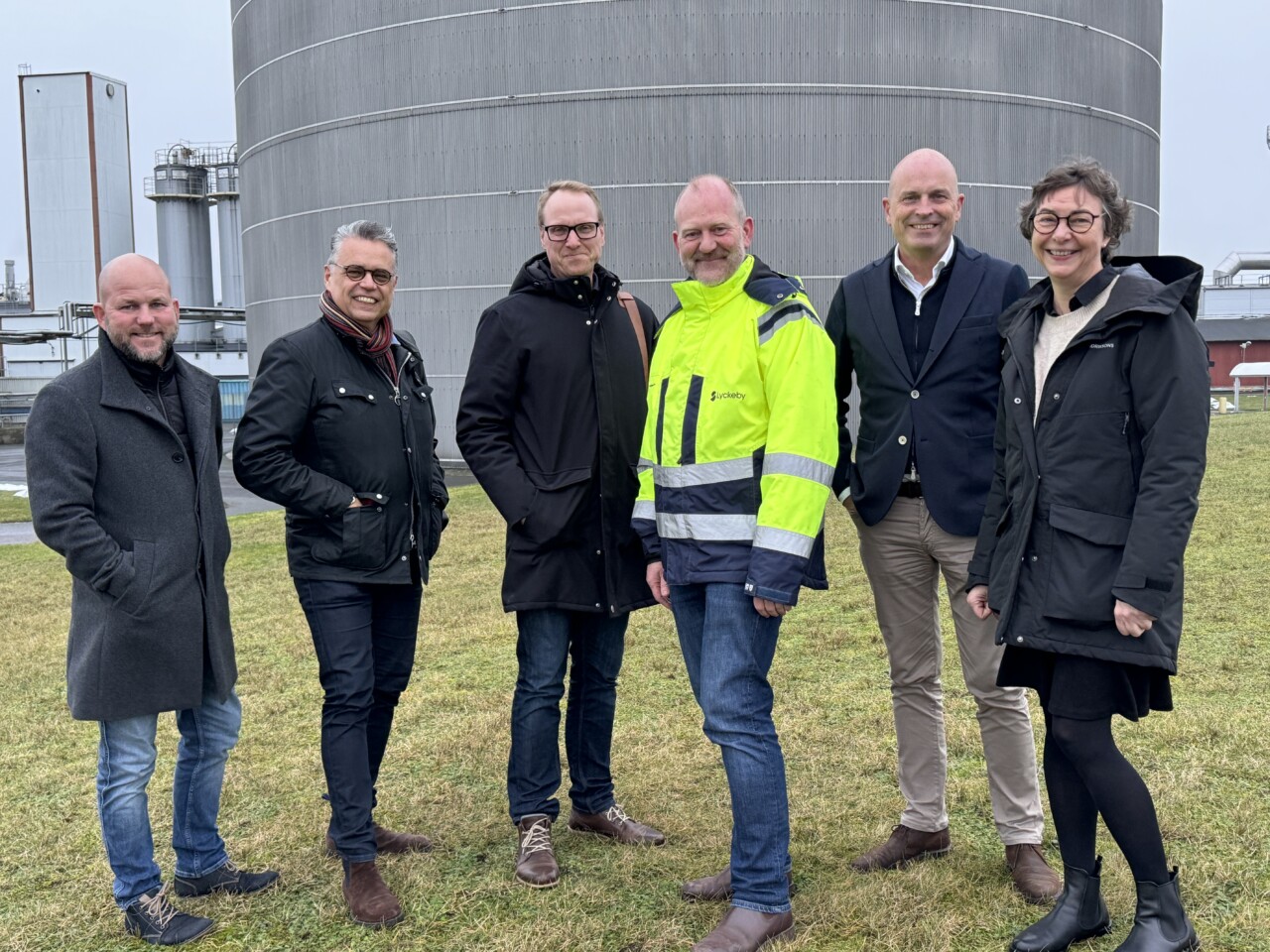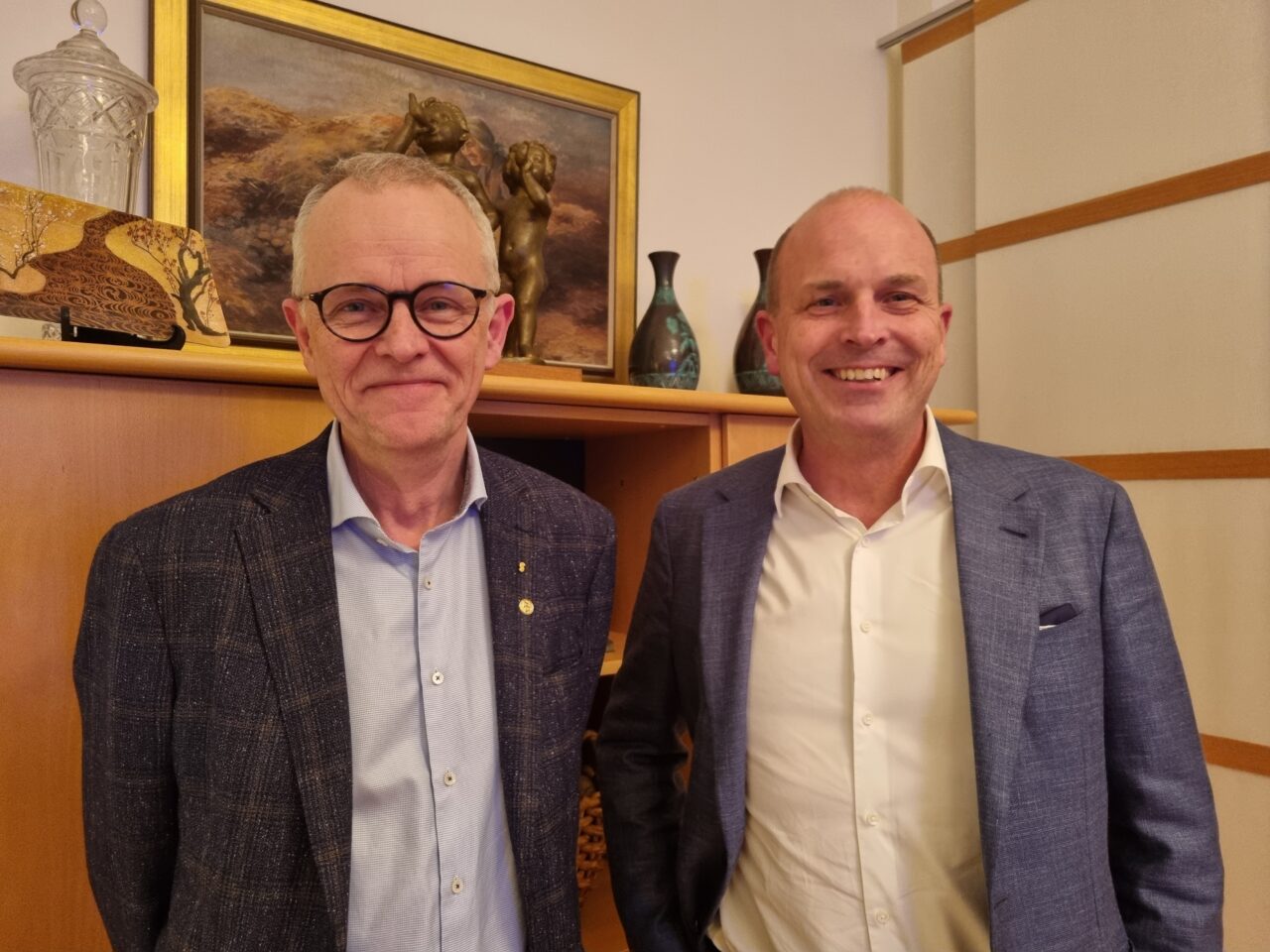“We are now taking the initiative and moving the technology from lab to societal benefit. This makes us an important part of the solution for meeting some of the major challenges we face in terms of climate, health, environment and sustainable economic development,” says the company’s Chairman, Hans Berggren.
In a collaboration between SSF (Swedish starch producers association) and SLU (the Swedish University of Agricultural Sciences), an efficient plant-breeding method has been developed for potatoes. The breeding method is based on the recent Nobel Prize winner CRISPR-Cas9, whereby genetic variation is introduced into potatoes without any new genetic material being added. The method is a far more specific version of traditional mutational breeding which, since the 1930s, has resulted in thousands of new plant varieties, many of them now grown around the world.
Already in an initial collaboration project, a societally important trait has been developed. It is a starch potato with a specially designed starch quality. The new potato starch, unlike native starch, will have natural storage stability, and will replace chemically modified starch in many food products. The consumer will benefit with an E-number-free food, the industry can reduce the use of chemicals by up to 6,000 tonnes a year in Sweden alone, and the grower has added value in the form of a higher price for a more unique raw material.
“We will work with great transparency as regards the traits we’re working on, and the company’s first two projects have already been contracted,” says CEO Mariette Andersson.
The company is owned by researchers from SLU, SLU Holding and SSF.
For further information, go to:
https://soledits.com/
Alternatively, please contact:
Mariette Andersson, CEO, SolEdits AB
mariette.andersson@soledits.com
Hans Berggren, Chairman of the Board, SolEdits AB
hans.berggren@lyckeby.com

